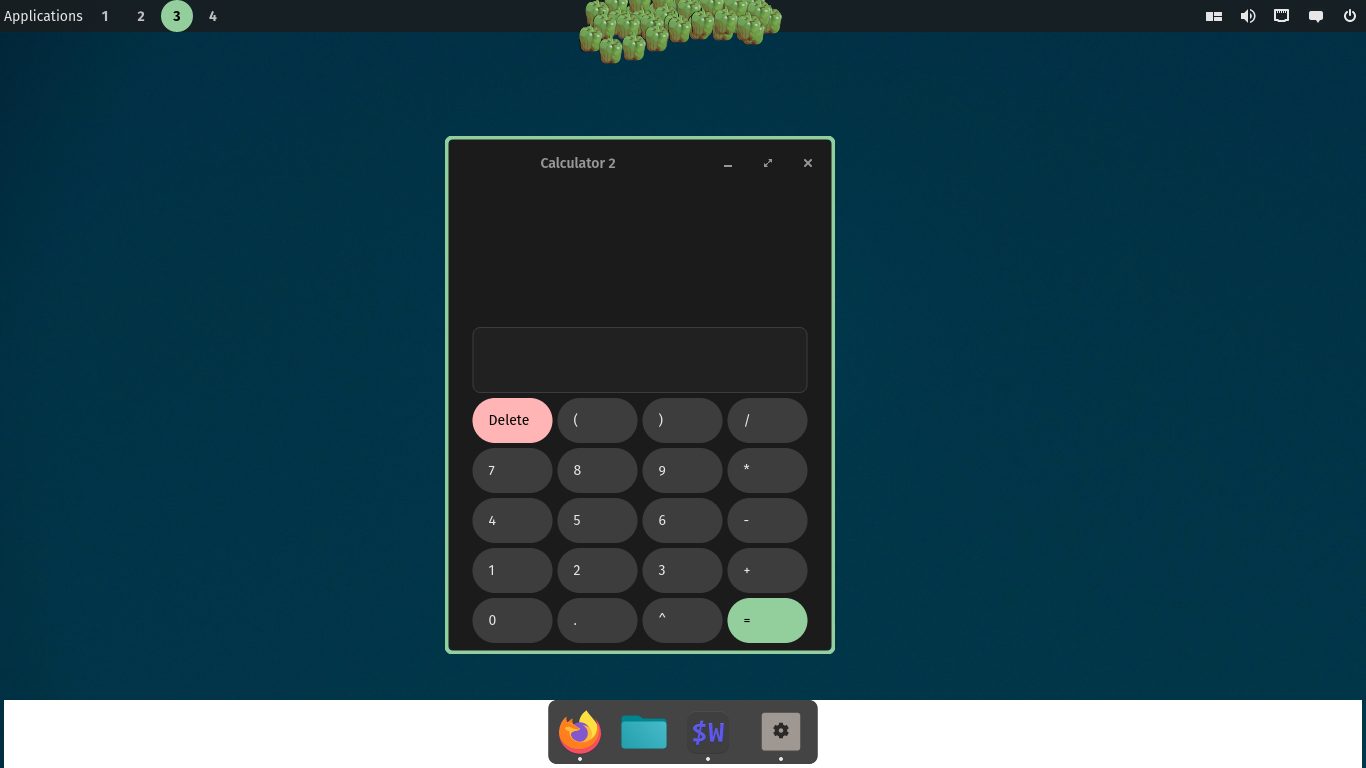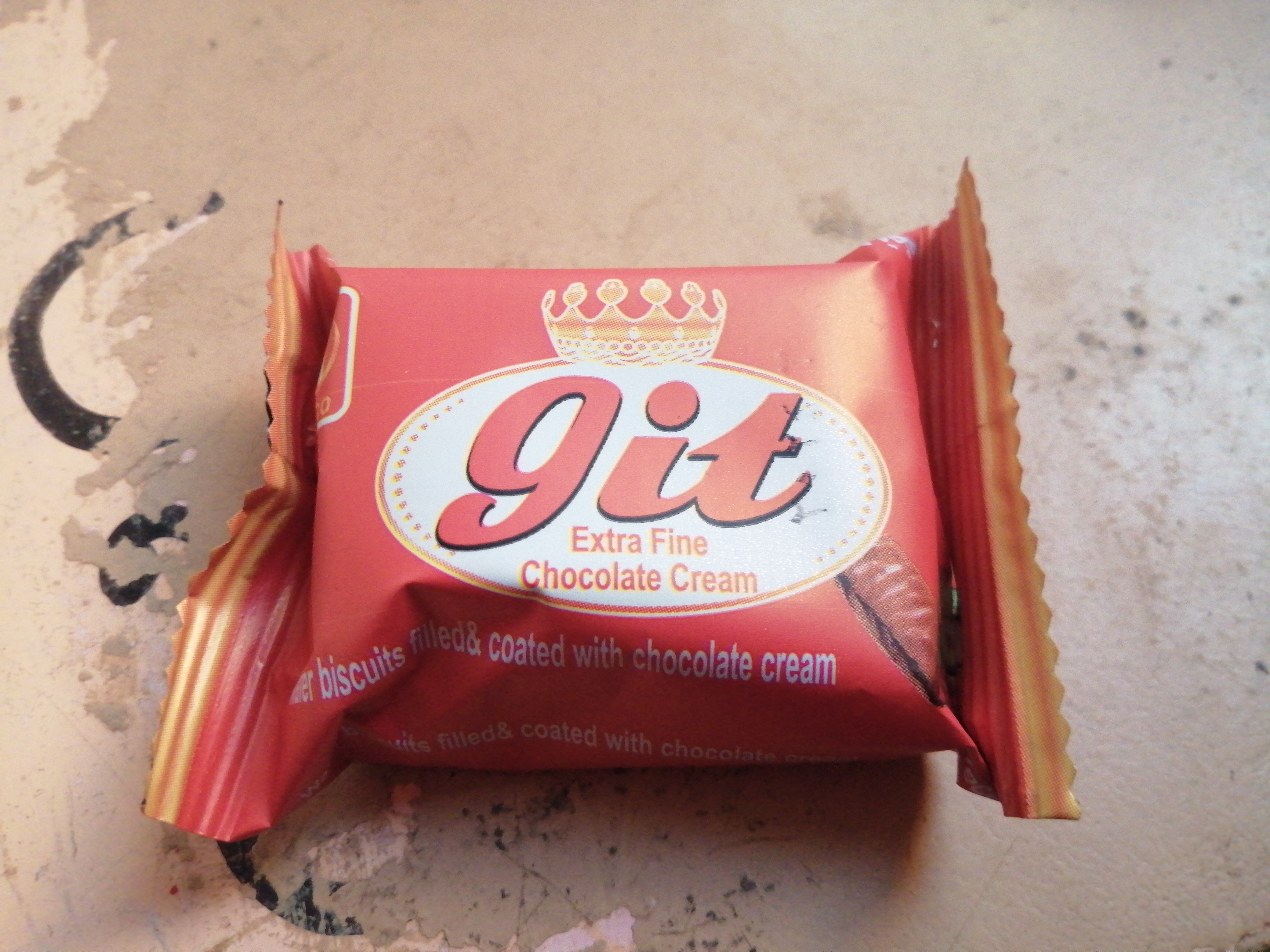Just so you know I figured it out, re-read the post please.
Doods
Yes that's exactly what I want. The compiler should stop considering it accessible.
The compiler doesn't consider it to be dead code since it's marked pub.
Should I bring it up to the 'min-sized-rust' working group or the forums or something?
This really doesn't seem to do the trick, the binary's still at 63MiB.
Also "fat" and true are identical.
Edit: I'm not sure I replied to the right person, ignore this.
Yes, I am using both LTO and release mode, I can show you:
[profile.release]
opt-level = 3
codegen-units = 1
panic = "abort"
strip = true
lto = true
cargo build --release
you can set a CSS name, wich isn’t a CSS class and doesn’t use a leading dot.
Yeah that's what I've been using all along.
This is embarrassing, but when was it not?
I have to add a "." before the name of a css class, I must learn my tools.
If you only need it for the interface, a shit workaround would be to prefix all text with an RLM (RIGHT-TO-LEFT Mark).
Unfortunately no, I expect users to enter Arabic text as well.
Fast iteration is already fixed by using cranelift in your release-dev profile (or whatever you want to call it), and mold as a linker.
Maybe, I didn't try that before, but I don't expect Cranelift to match the speeds gtk-rs is currently giving me; Cranelift also doesn't solve the problem of rust-analyzer acting crazy.
Okay, something helpful instead: Did you try asking in the
rust:gnome.orgmatrix room mentioned in the project page?
No, I prefer public posts to prevent effort duplication, so much so that my mind started filtering out such things on project pages, but thanks for reminding me.
Before anyone suggests another library:
IcedandEguiboth can't handle Arabic, which is a deal breaker.Icedtakes forever to compile and iterate, maybe that'll be fixed with dynamic linking.Relm: I didn't know it existed before I started this project.Qtbindings: IDK I forgotQtexisted, I was always more of GNOME* guy.- I am already pretty deep into this project, and don't want to learn something else for now.
* GNU Network Object something Environment
Lemmy's written in Rust?! That's cool.



Shipping a 50 MiB game about a moving square would make me feel ashamed, regardless of language.
No my honor's being tarnished noooo